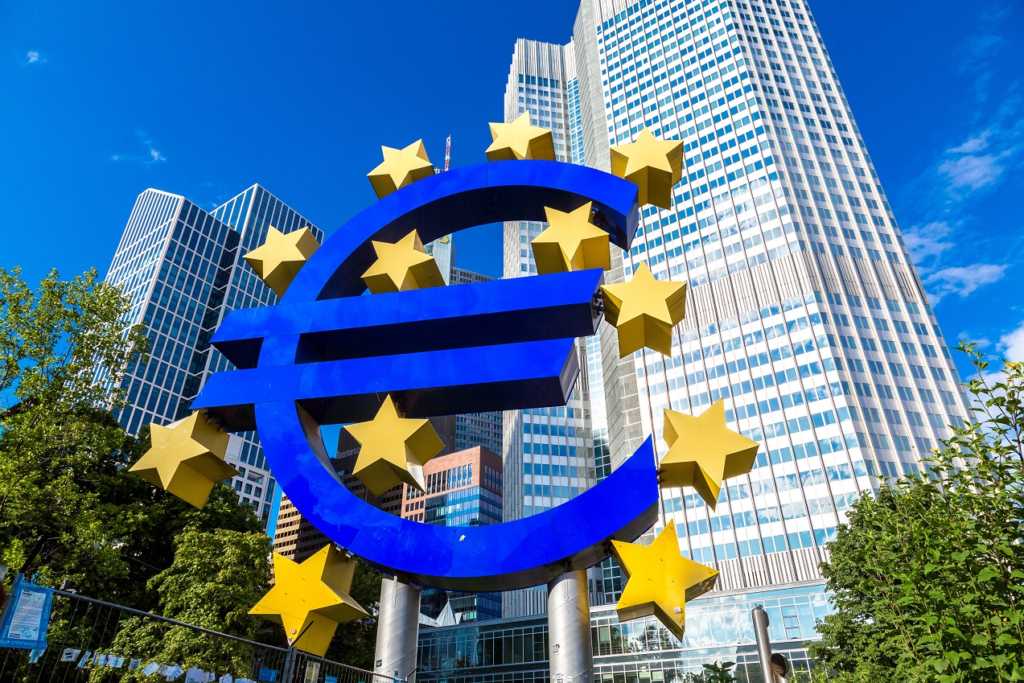
FRANKFURT, Sept 9, 2021 (BSS/AFP) - European Central Bank governors meet
Thursday under pressure to clarify their stimulus exit plans, as the eurozone
economy rebounds from the pandemic and inflation surges higher.
Revised figures this week showed the economy in the 19-nation club grew by
a better-than-expected 2.2 percent between April and June after countries
relaxed their virus restrictions.
The ECB now faces the tricky act of deciding when and how to scale back its
massive pandemic support, and communicating it without jeopardising the
recovery or spooking markets.
In the United States, where the recovery is seen as further along, the
Federal Reserve has already signalled it could start withdrawing stimulus
measures by the end of the year.
The meeting Thursday of the ECB's 25-member governing council will be only
the second since the Frankfurt institution slightly raised its inflation
target, the first such change since 2003.
The bank is now aiming for inflation of two percent -- instead of below
that figure -- and will tolerate a temporary over- or undershooting of the
goal.
Eurozone inflation soared to three percent in August, the highest level in
a decade, fuelled by one-off effects linked to the pandemic and global
shortages of materials like semiconductors, plastics and steel.
ECB president Christine Lagarde has previously promised to "look through"
what the bank believes to be a temporary inflation surge, and policymakers
expect consumer prices to rise further in coming months before falling back.
"We are more worried about the inflation rate being too low in the medium
term rather than too high," Isabel Schnabel, a member of the ECB's executive
board, said last month.
As a result, observers do not expect any changes to the ECB's historically
low interest rates or major tweaks to its colossal bond-purchasing programme,
despite some more hawkish ECB members signalling a readiness to scale back
stimulus.
But economist Marcel Fratzscher of the Berlin-based DIW think-tank said the
ECB would not want to tighten its ultra-loose monetary policy too soon, given
the "uncertainties about the pandemic and the supply chain disruptions".
- 'Ducking the question' -
Lagarde is expected to use her 1230 GMT press conference to stress the
ECB's cautious and flexible approach to supporting the recovery, at a time
when the more contagious Delta variant is pushing up infection numbers across
Europe.
Some observers say the ECB could however acknowledge the economic rebound
by slowing the pace of the bank's monthly emergency bond purchases -- without
framing it as a "tapering" or winding down of the scheme.
The 1.85-trillion-euro ($2.2-trillion) pandemic emergency bond-buying
programme (PEPP) is the ECB's main crisis-fighting tool, aimed at keeping
borrowing costs low to stoke economic growth.
The scheme, set to run until March 2022, comes on top of the ECB's pre-
pandemic asset-buying programme, currently running at a pace of 20 billion
euros a month.
The ECB could start by "signalling a 'modest' slowdown" in the pace of the
PEPP purchases, from 80 billion euros per month to 60-70 billion euros, said
Frederik Ducrozet, a strategist at Pictet Wealth Management.
The ECB will also unveil on Thursday the latest quarterly growth and
inflation forecasts, with some slightly upward revisions expected.
The inflation projections for 2022 and 2023 -- currently at 1.5 percent and
1.4 percent respectively -- are nevertheless expected to remain well below
the bank's 2.0 percent target.
"More inflation, more growth but also more uncertainty," said Berenberg
Bank economist Holger Schmieding.
"Against this backdrop the European Central Bank will probably still duck
the major question," he said. "When will the ECB taper its bond buying in
earnest?"
Fritzi Koehler-Geib, chief economist at German public lender KfW, said she
expected concrete decisions "only in December".